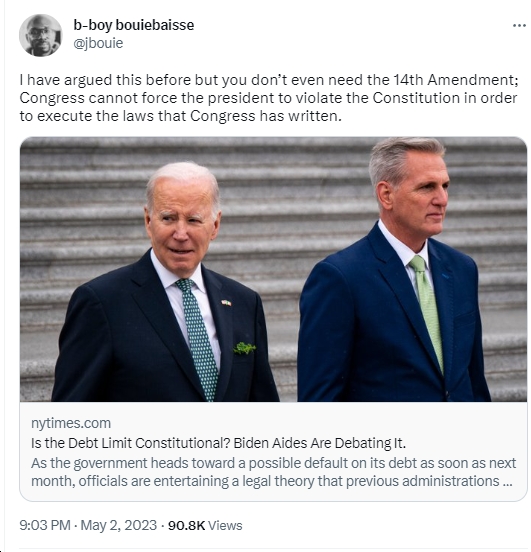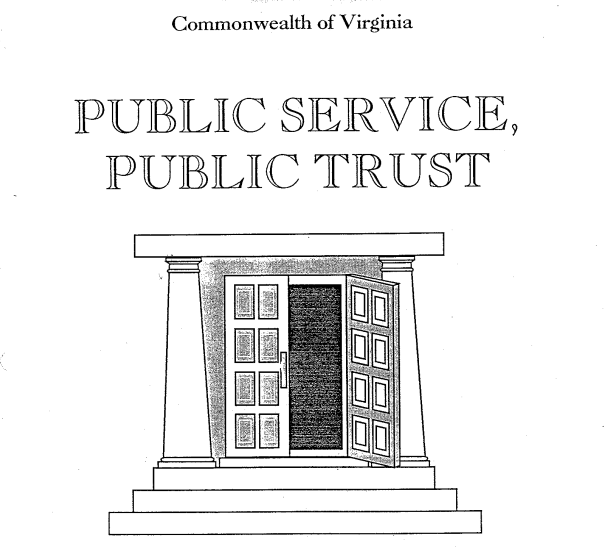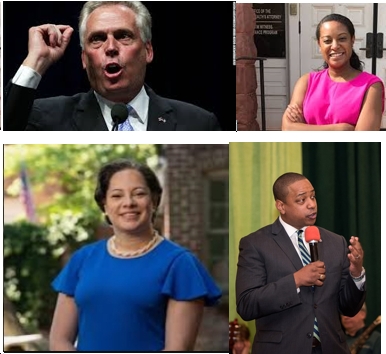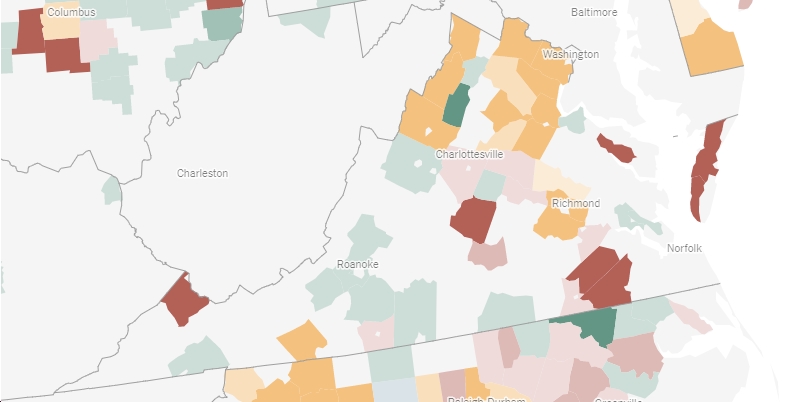by Josh Stanfield, who is Delegate Lee Carter’s gubernatorial campaign manager. He managed Carter’s 2019 reelection campaign and Jennifer Lewis’s 2018 congressional campaign in VA-06. He can be reached at cm@carterforvirginia.com.
The novel coronavirus, as it infiltrates our communities with baffling speed, increasing intensity, and documented lethality, has turned nightmares into reality. Virginians already struggling to pay the bills amongst obscene wealth and income inequality find themselves jobless, without healthcare, facing eviction, and even facing death.
One political nightmare affects hundreds of thousands of Virginians, but nobody’s talking about it.
In order for statewide candidates to qualify for the primary ballot, Virginia law requires them to get 10,000 in-person petition signatures from registered Virginia voters and 400 legitimate in-person signatures from each of the Commonwealth’s eleven congressional districts.
For comparison, candidates for president are only required to submit 5,000 legitimate signatures with 200 from each congressional district.
The 15 declared 2021 statewide candidates must therefore get a total of at least 150,000 legitimate signatures from registered Virginia voters – and they’re probably collecting at least another 50,000 to account for ineligible signatures (from people who aren’t registered to vote, for example).
I’m managing one of the many 2021 statewide campaigns for the June Democratic primary. In the midst of a global pandemic, how can I tell our staff, volunteers, and Democratic committee members to expose themselves to disease (let’s be honest, to potential death) – or to expose the community – in order to get our candidate on the June ballot?
Consider this nightmare scenario: a volunteer has collected 600 in-person petition signatures over the week, say outside of a grocery store, then calls me to report they’ve tested positive for COVID-19. Aside from expressing concern for the health of our teammate, what should the campaign do?
We’d have an ethical obligation to contact every voter who signed that volunteer’s petition forms, to inform these voters of their potential exposure, and to recommend they isolate and get tested.
In effect, the superspreader petition drive would turn the campaign into a contact tracing operation. An operation few – if any – campaign staffers are properly trained and equipped to handle.
Not to mention the moral and legal question: would a campaign that knowingly sent staff into harm’s way be liable if staff became infected…or worse?
Last December, gubernatorial candidate Delegate Lee Carter and lieutenant governor candidate Paul Goldman filed suit in Richmond City Circuit Court to challenge these in-person signature requirements on public health grounds. Their hearing is set for January 25th at 10:00 A.M.
Carter and Goldman seek to drop the petition requirements from 10,000 to 2,000, remove the requirement to obtain signatures from each congressional district (since some districts are hotspots), and implement an electronic petition signature process. A process that drives the risk of disease to zero.
Arizona accepted electronic petition signatures before the pandemic, and several states have since followed suit.
At least three Virginia judges wisely reduced the number of petitions required for candidates to get on the ballot in 2020: Roanoke Circuit Court Judge Onzlee Ware, Richmond Circuit Court Chief Judge Joi Jeter Taylor, and Richmond Circuit Court Judge W. Reilly Marchant – who ordered the state to accept 3,500 valid petition signatures for a statewide candidate in March of 2020.
Through a recent FOIA request, Virginia historian Jeff Thomas uncovered an internal eight-month study carried out by the State Board of Elections in 2020 to examine electronic petition signatures in the context of Virginia.
The study found: “An online petition signature system would allow voters to have a straight-forward, secure, and accessible way to sign petitions online…An electronic petition signature verification system would not only make the verification process more efficient and secure, but it would also save localities and ELECT time and money.”
According to the FOIA documents, this clear and urgent report landed in the inboxes of Commissioner Chris Piper, Deputy Commissioner Jessica Bowman, and other Department of Elections officials in October 2020. To my knowledge, there’s been no movement on implementing this system, even though we have a record number of candidates running in the statewide primary and terrifying projections of disease in the coming weeks.
It’s this irresponsible and unnecessary scenario of hundreds of campaign volunteers and staffers roaming the Commonwealth, seeking over 100,000 cumulative in-person petition signatures amidst an intensifying pandemic, that should frighten all Virginians.
Yet most of the campaigns carry on, while lives are put at risk to advance the ambitions of politicians. These are disproportionately Black, Brown, and Latinx lives according to widespread reporting. A “double whammy against Black and Brown people,” according to the esteemed Dr. Fauci, when discussing the reality that 45% of Virginians infected are Black and Latinx.
This particularly senseless nightmare can end. Democratic Party officials control all the levers of power here, and we’re talking about an easy fix. The lingering question is: does a candidate petition drive have to become a superspreader event before this happens?


















